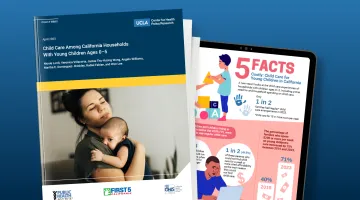Summary
Care delivery redesign in the form of patient-centered medical home (PCMH) is considered as a potential solution to improve patient outcomes and reduce costs, particularly for patients with chronic conditions. But studies of prevalence or impact at the population level are rare.
Using 2009 California Health Interview Survey data for 10,990 adults over 17 years of age with asthma, diabetes, or chronic heart disease, authors assessed whether desired outcomes indicating better care delivery and patient-centeredness were associated with receipt of care according to three important PCMH principles: continuity of care (personal doctor), care coordination, and care management (individual treatment plan). Outcomes included flu shots, count of outpatient visits, any emergency department visit, timely provider communication, and confidence in self-care. The study found patients who had three features of care integrated into their health were more likely to have better outcomes -- receive flu shots, use more outpatient care, and have more timely response from providers than patients. Having two features of care led to some desired outcomes, but having one feature was not associated with desired outcomes.








